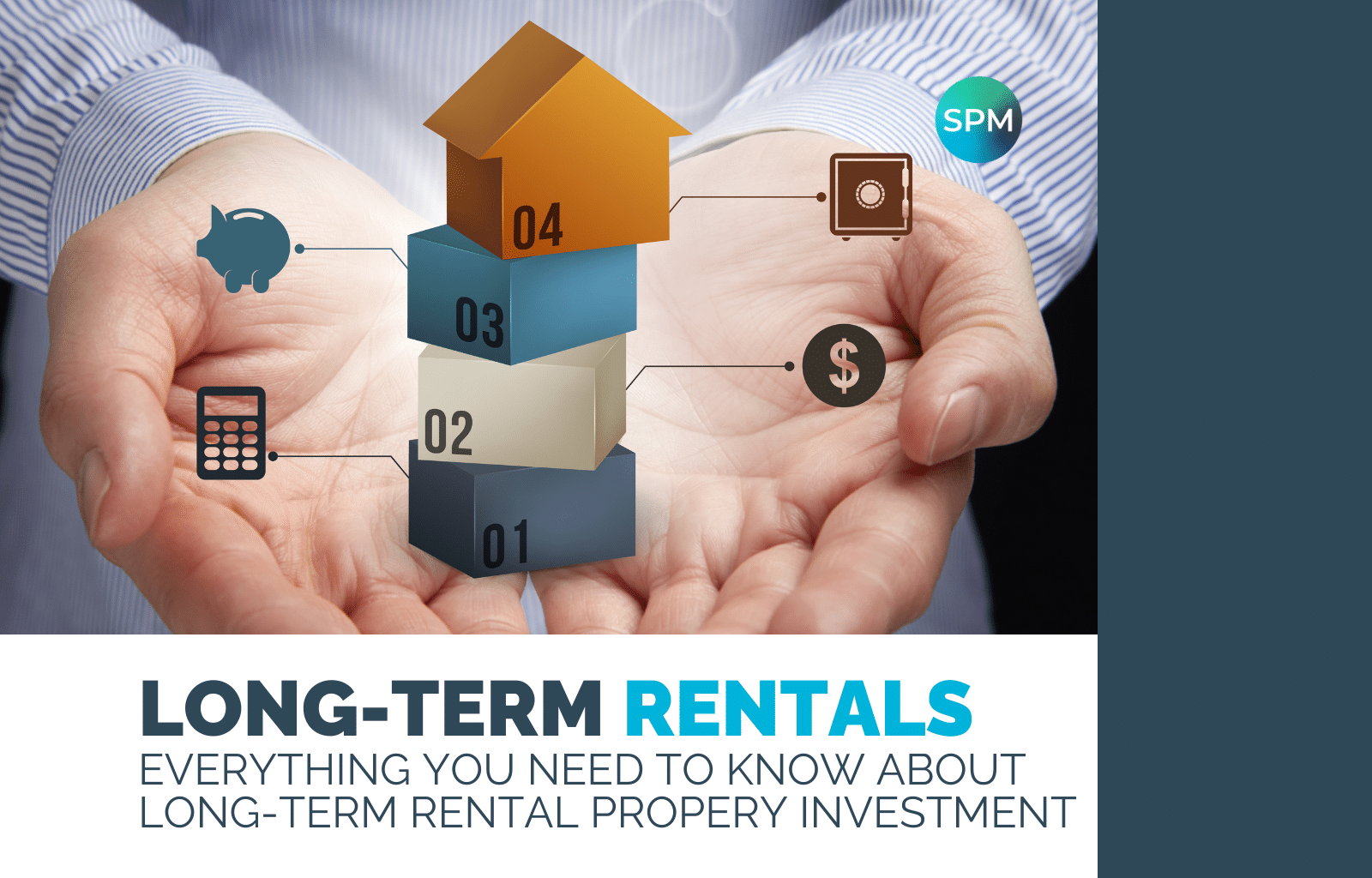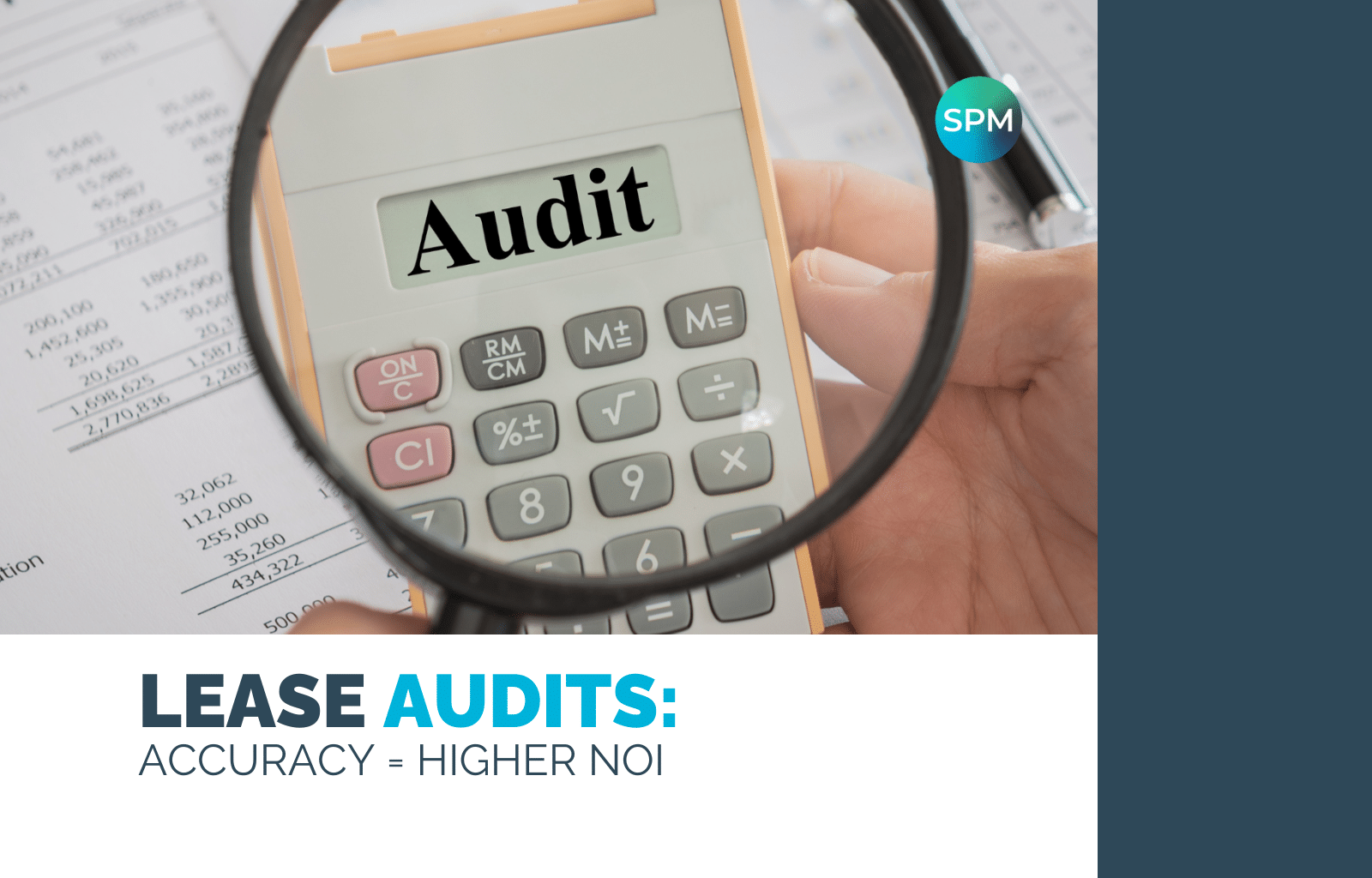Long-Term Rental Property
Looking for tenants every few months can be extremely tedious, and when you find a good tenant, you don’t want to let them go. Long-term rental property can be a fantastic option for you. It can be an effective way to build long-term wealth as it provides many benefits. However, it’s not a decision to be made lightly. In this article, we shall discuss all the ins and outs of long-term rentals to help you decide better and make an informed decision.
What is the Meaning of Long-Term Rental Property?
A long-term rental property is leased to a tenant for an extended period. It can be anywhere between 6 months to 1 year or sometimes even more, depending on the desired lease term set by the property owner and their property management firm.
Generally, long-term rentals with the right tenant provide greater stability, steady cash flow, and less issues.
What are the Benefits of Long-Term Rentals?
Long-term rentals have been gaining confidence for a variety of reasons:
1. Steady Income- With long-term rental property, you’ll collect monthly rent payments from your tenants. This can provide a source of ongoing, passive income that can help to pad your savings or fund other investments.
2. Property Appreciation- In addition to the passive income potential, long-term rentals can also appreciate in value over time. In addition to the monthly rent payments, you could also see a return on your investment in the form of equity gains.
3. Minimal Time Commitment- Investing in long-term rentals can also be a more hands-off approach than other forms of real estate investment. Once you’ve purchased a property and found a good tenant, you won’t need to do much day-to-day management.
4. Minimal Advertising- Compared to short-term rentals, long-term rentals do not have to be advertised constantly, week after week, to fill.
5. Utilities- In long-term rentals, the tenants generally take responsibility for the electricity, water, and other utility bills, which isn’t the case for short-term rentals.
What are the Potential Risks with Long-Term Rentals?
All investments come with risks, and there are a few risks that need to be considered before investing in long-term rental property:
1. Market Slumps- One risk to consider is the potential for excessive vacancies. You won’t be collecting rent payments on vacant units. If your vacancy rate runs higher than you had planned, you will not make the cash flow or net operating income (NOI) you anticipated. To offset this risk, consider purchasing a property in an area with high-demand drivers like a growing employment base.
2. Challenging Tenants- Another risk to consider is the potential for problematic tenants. While most tenants will be respectful and cause no problems, there is always the potential for tenants who don’t pay rent on time, damage the property or cause other problems. To offset this risk, consider screening tenants carefully and require a reasonable security deposit.
Things to Consider Before Investing in Long-Term Rental Property
Before investing in long-term rental property, here are a few key considerations –
1. Are you looking to earn passive income?
2. Are you looking to build long-term wealth?
3. Are you looking for a more hands-off approach to real estate investing?
4. Do you have the cash to make a down payment on a property?
5. Do you have the income to cover the mortgage payments and other associated expenses?
6. Are you comfortable with the risks associated with long-term rental property investment?
Your answers to these questions will help to guide your decision on whether or not to invest in long-term rentals.
How to Get Started with Your Own Long-Term Rental?
If you decide, you want to start investing in long-term rental property. Here are a few steps you’ll need to take to get started.
1. Source Opportunities- First, you’ll need to find a suitable property. This involves researching to identify your target market areas, networking with local brokers, and underwriting potential properties.
2. Financing- Once you’ve found a property, you’ll need to finance it. You can do this through a traditional mortgage or other methods such as seller financing or private money lending.
Operations – After committing to purchase a property you must develop an operating plan.
Long-Term Rental Property: Conclusion
Investing in long-term rental property can be a great way to earn passive income and build wealth. However, it’s important to consider the pros and cons and weigh your options carefully before deciding. Sure, there are risks, but no potential investment reward comes without risks.
If you are looking for a qualified and experienced property management firm to look after your investment talk to one of our experts at Summerfield Property Management (SPM). Connect with us today!
Long-Term Rental Property: FAQs
Q. Can a tenant terminate a long-term lease?
A: Tenants can end a long-term tenancy early if the agreement says they can or by getting their landlord to agree to end their tenancy.
Q. Can a landlord evict a long-term tenant?
A: If a tenant has not violated the payment terms of their lease evicting them can be exceedingly challenging, if they are being disruptive, you should seek legal advice.
Q. What is the difference between short-term and long-term rental?
A: Short-term rentals are those that are rented for less than 180 days while long-term rentals are generally 180 to 365 days long or longer.










